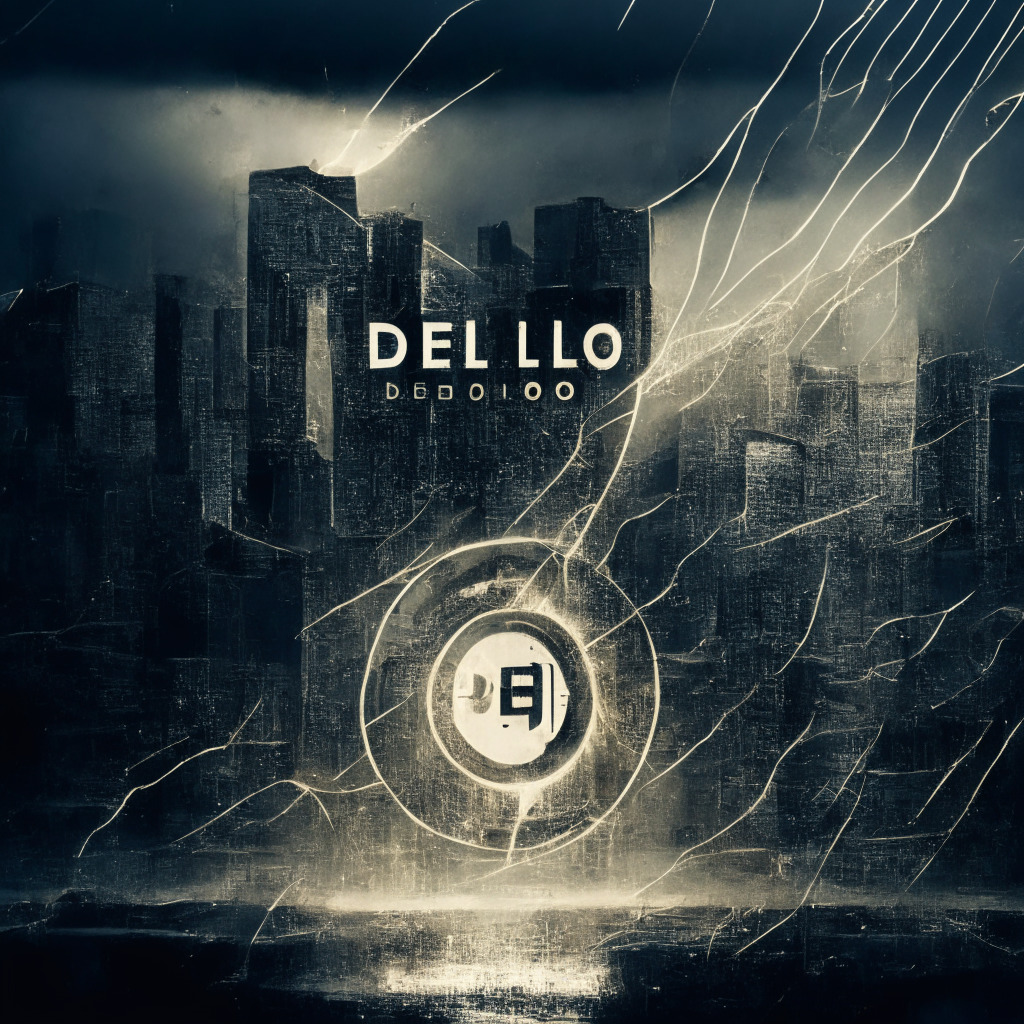The acting head of the U.S. Office of the Comptroller of the Currency (OCC), Michael Hsu recently acknowledged the potential of tokenization in revolutionizing the future of finance. However, he expressed concerns over the use of decentralized blockchains, stating that achieving decentralization, security, and scale simultaneously is not feasible in a public blockchain. According to Hsu, this limitation keeps the crypto industry self-referential and disconnected from real-world scenarios, making it an immature sector rife with risks, despite continued venture capital investment and advancements in technology.
While U.S. banking regulators have cautioned financial institutions regarding their involvement in the crypto space, it is significant to note that numerous financial firms, including Wall Street banks, have been exploring the management of their blockchain projects. Hsu believes that centrally operated, trusted blockchains could potentially provide security while achieving scale efficiently. He further argues that tokenization can take place without the necessity of decentralization and trustlessness.
The streamlined process offered by tokenization allows the collapse of instruction, transaction, and settlement into a single step, thereby eliminating associated frictions. However, this is only possible if the underlying technology is interoperable with central bank money and real-world settlement systems. Hsu emphasizes the importance of developing a legal framework to support tokenization.
From this information, it is evident that blockchain-based tokenization holds substantial promise in transforming the financial world. Yet, the debate surrounding the integration of decentralized public blockchains and trusted centralized blockchains continues to take center stage. While proponents of decentralization argue that public blockchains enable global accessibility, transparency, and security, others advocate for the controlled approach of centralized blockchains in maintaining regulatory compliance, efficiency, and scalability.
The crux of the matter lies in the balance between decentralization, security, and scale when using blockchain technology for tokenization. Striking this balance while ensuring interoperability with existing financial systems is essential in moving the crypto industry forward and connecting it to the real world. As Hsu points out, the key to unlocking tokenization’s potential is by establishing a solid legal foundation that takes into account both the advances in technology and the need for connectivity with traditional financial systems.
In conclusion, while tokenization paves the way for a new era in finance, it is critical for both regulators and financial institutions to carefully consider the implications of decentralized and centralized blockchains in their projects. Only then can we truly harness the potential of tokenization and blockchain technology while addressing the risks and concerns associated with this emerging sector.
Source: Coindesk




